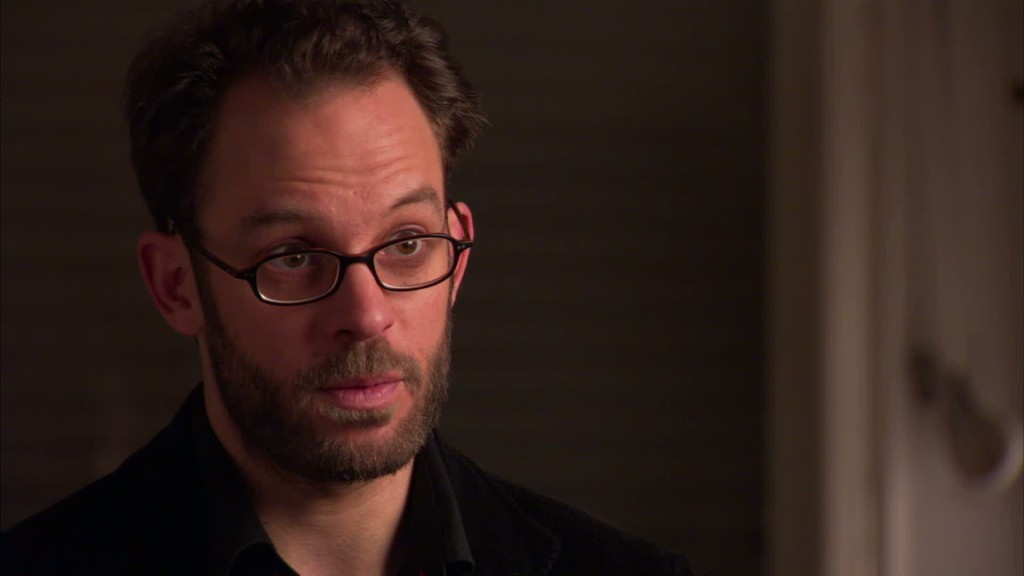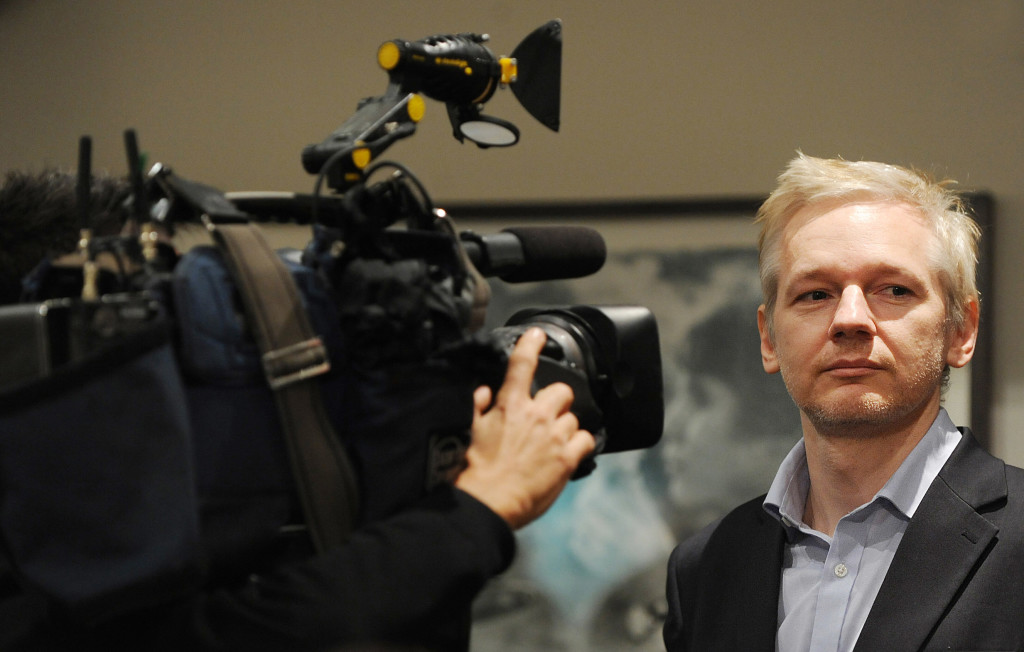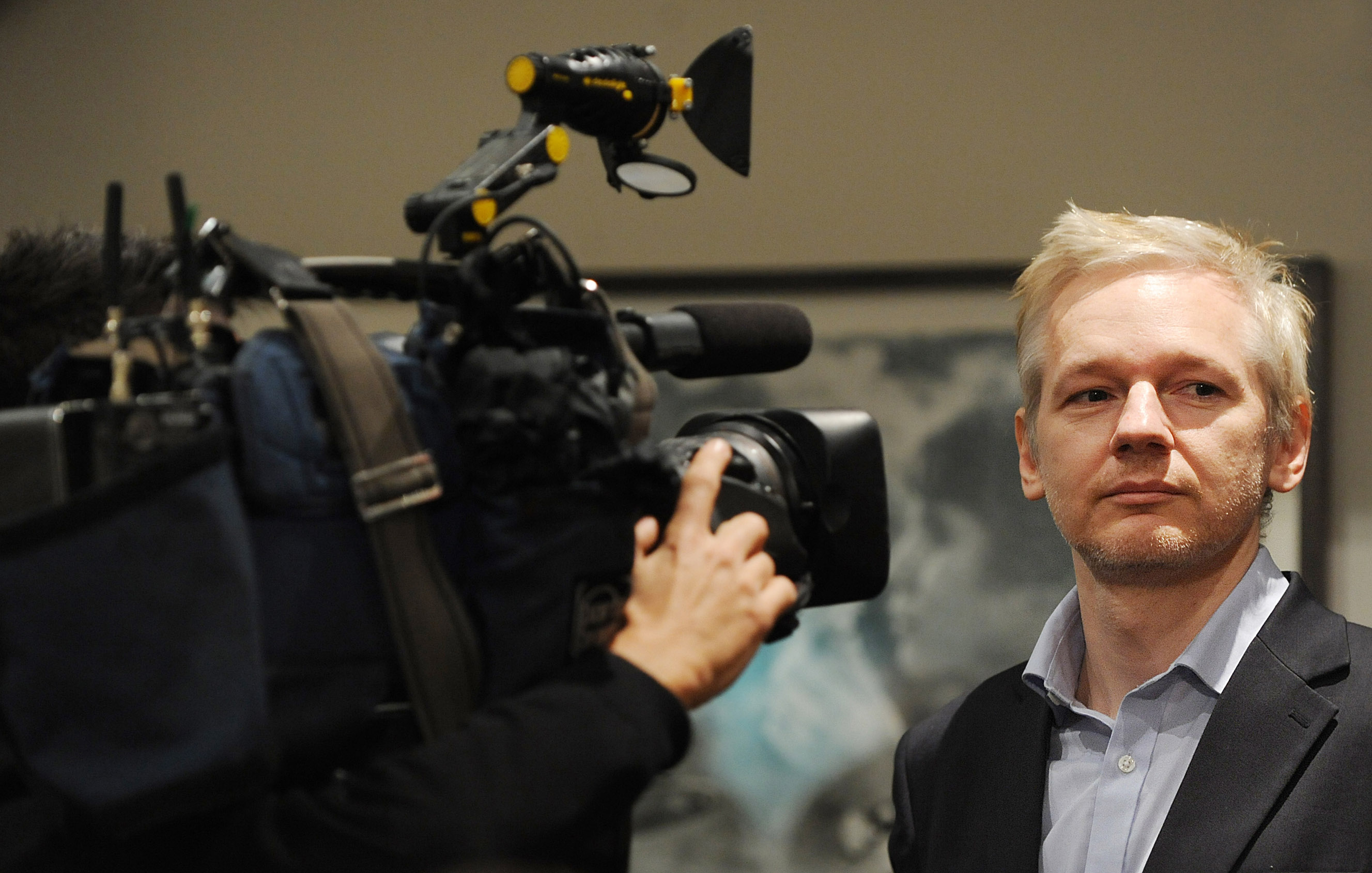Ex-WikiLeaks Spokesman Destroyed Thousands of Unpublished Docs

August 22, 2011
Share
Former WikiLeaks spokesman Daniel Domscheit-Berg has told Der Spiegel that he destroyed more than 3,500 unpublished files he took with him when he left the group. Domscheit-Berg says he shredded the files — which according to WikiLeaks’ Twitter feed include the U.S. “no-fly” list, five gigabytes of material from Bank of America and whistleblower data on neo-Nazi organizations — because he wanted “to ensure that the sources are not compromised.”
WikiLeaks hit back at Domscheit-Berg both on its Twitter feed and in a statement from Julian Assange, in which Assange maintained “WikiLeaks does not record or retain source identifying information” and suggested Domscheit-Berg has ties to U.S. and Israeli intelligence.
The very personal feud between the two men goes back to the fall of 2010, when Domscheit-Berg left Wikileaks to form a competitor, OpenLeaks. Before that, Domscheit-Berg says the two men disagreed over WikiLeaks’ direction, including how fast the organization should grow, and whether WikiLeaks should redact the names of U.S. informants in the Afghan and Iraq war logs.
“[It] was at this time … when [Assange] started to behave irresponsibly and when he also made clear that you might have a different view, but he doesn’t care very much about your views, and it’s either his way or the highway,” Domscheit-Berg told FRONTLINE producer Martin Smith back in April. “It just got really abusive.” For his part, Assange described Domscheit-Berg to us as “unstable” and said that hiring him was “the greatest mistake.”
Domscheit-Berg and Assange also disagreed over WikiLeaks’ publication of nearly 300,000 classified U.S. diplomatic cables. At that point, Bradley Manning had already been arrested and had allegedly mentioned the leak of the cables in his online chats with former hacker Adrian Lamo. “It was clear for me these diplomatic cables should not be released,” Domscheit-Berg told us. “There’s a very hard distinction you have to take. What is more important, bringing the truth to the light or protecting one person? … My gut and my heart say you should protect the person.”
While Assange told us in April that WikiLeaks was “continuing to step up its publishing speed,” its online submission system has been down for more than a year and the only way to leak documents to the group is to send them via snail mail to a P.O. Box in Australia. And though it was released to the public in January, OpenLeaks, which says it will make whistleblowing “safer” and “more widespread,” does not appear to be accepting submissions yet either.
Update (Aug. 24): The dispute over exactly which files Domscheit-Berg destroyed has gotten murkier. “I can confirm that there was a No-Fly list in the batch,” Domscheit-Berg told Wired‘s Kim Zetter in an e-mail yesterday, but he said that WikiLeaks’ claims about other destroyed documents, such as the Bank of America files, were “false and misleading.”
Related Documentaries
Latest Documentaries
Related Stories
Related Stories
Explore
Policies
Teacher Center
Funding for FRONTLINE is provided through the support of PBS viewers and by the Corporation for Public Broadcasting, with major support from Ford Foundation. Additional funding is provided the Abrams Foundation, Park Foundation, John D. and Catherine T. MacArthur Foundation, Heising-Simons Foundation, and the FRONTLINE Trust, with major support from Jon and Jo Ann Hagler on behalf of the Jon L. Hagler Foundation, and additional support from Koo and Patricia Yuen. FRONTLINE is a registered trademark of WGBH Educational Foundation. Web Site Copyright ©1995-2025 WGBH Educational Foundation. PBS is a 501(c)(3) not-for-profit organization.






















